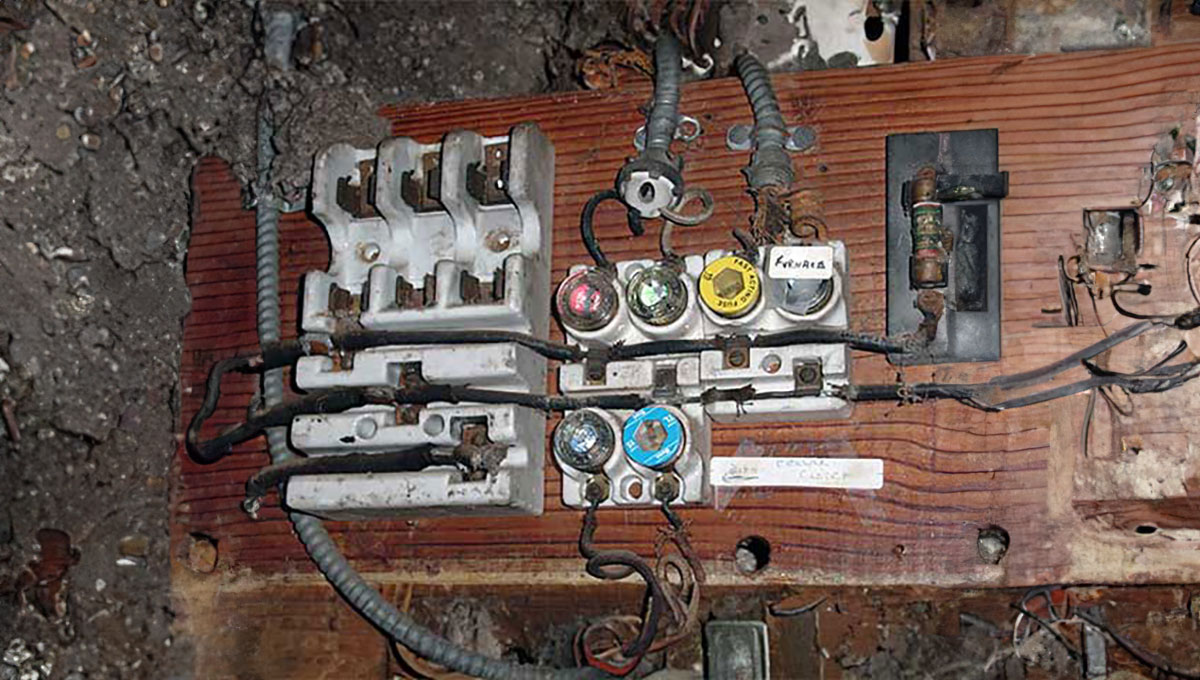Buying a fixer upper can mean money in your wallet but how do you go about finding one? The real estate industry has its own unique language that can sometimes be confusing. One term that comes up a lot, especially in times of bank-owned properties, short sales, and foreclosures, is “as is” and its variations “where is”, and “in its present condition”. There are some agents who feel that part of the reason we see “as is” cropping up more and more is because more buyers are being coached to skip the home inspection and that sellers and their agents are using it as a tactic to protect their sellers from any blowback because of this.
As a Seller there are costs as well as benefits, and you probably shouldn’t be using such language.
Sellers commonly mistake “as is” as a way to avoid making any repairs, rationalizing that this and a lower asking price will reflect the condition and set expectations.
Buyers, however, tend to interpret “as is” differently. They sometimes take it as a sign of blood in the water and think that they can bargain way down from the asking price because they are now suspicious that many things are wrong with the house. Often buyers will be very wary of “as is” houses and even avoid viewing them or putting in an offer for fear of hidden defects that will require a lot of time or money.

Because of this perception, Sellers might be better off not using a similar clause. Instead they can have their agent stress that any discussion of condition will probably not result in repairs or a price reduction right up front.
Okay, that’s reality speaking, but what about legality speaking. “As is” is actually a legal term and concept used to disclaim liability for the condition of the house being sold. It says that the seller is selling, and the buyer is buying the house in whatever condition it presently exists, and that the buyer is accepting the house “with all faults”, whether or not immediately apparent.
“It “As is” is most commonly used in estate situations or when banks or relocation companies own the property or where the sellers may have never lived in the house and have no knowledge of any issues/defects. In Massachusetts, the seller and their agent must disclose any known defects in the property even in an “as is” purchase, but they don’t have to disclose what they don’t know.
A fixer upper can be the ultimate “buyer beware” situation, where a buyer must take the time to examine the home before accepting it. The buyer can obtain expert inspection and legal advice and do what their experts recommend. They can also make sure their contract is contingent upon acceptable inspection approved by buyer (which is a risk to the seller) but they should be prepared to take the house the way it is or walk-away, the seller is under no obligation to re-negotiate any inspection issues.
To wrap it up, should you be looking for a fixer upper you just learned how to crack the code.
If you like this you’ll like Mike Hunter, the House Hunter as your Realtor even better. He knows the Sudbury market and has represented many happy Sudbury households to buy or sell for years. Please feel free to forward his profile to others you feel would benefit from his services.
Call Mike 978-580-1069 today.
To see how mike is better than the competition click here.
People also ask about the series House Styles of New England click here

